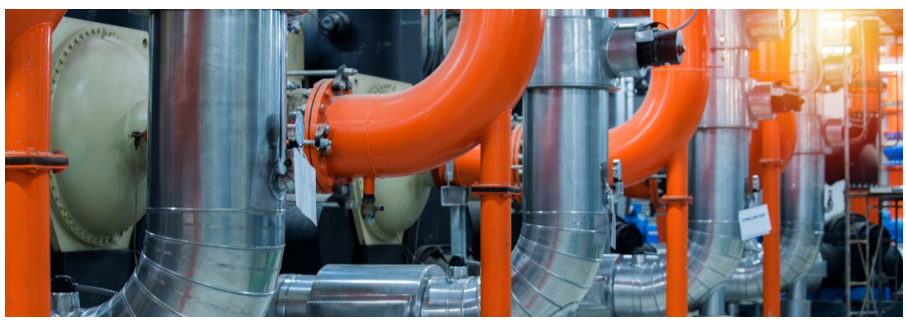Low-carbon transition gains momentum with HILT CRC's new energy initiative
The Heavy Industry Low-Carbon Transition Cooperative Research Centre (HILT CRC) has embarked on a landmark three-year project to support the decarbonisation of heavy industry through enhanced energy infrastructure planning in Australia.

The initiative is titled "Unlocking Investment in Energy Infrastructure for Net-Zero Industrial Hubs" and aims to deliver precise, data-driven insights into energy costs. These findings will help shape government policies and empower heavy industries to navigate their decarbonisation journeys strategically.
The project focuses on identifying the most optimal and cost-efficient energy supply solutions—spanning hydrogen, electricity, and natural gas—for developing industrial hubs. These hubs are critical to achieving Australia's net-zero emissions target while fostering sustainable industrial growth.
The project, led by Senior Research Scientist and Team Leader at CSIRO Dr Tara Hosseini, aims to:
- Evaluate region-specific scenarios for transitioning energy supply and meeting heavy industry demand.
- Develop cost-optimised assessments of energy infrastructure required to achieve net-zero carbon emissions by 2050.
Building on previous research centred exclusively on hydrogen, this initiative expands its scope to include broader decarbonisation strategies. Dr Hosseini’s earlier work earned her the prestigious 2024 HILT CRC Award for Best Contribution to De-risking and Accelerating Decarbonisation.
The project involves a collaboration among 12 partners from the HILT CRC, comprising industry leaders Grange Resources, Fortescue, South32, Liberty Steel, BlueScope, Energy Exemplar, and the Australian Energy Market Operator (AEMO). Research institutions, including CSIRO, Curtin University, Swinburne University of Technology, The Australian National University, and the University of Adelaide further support it.
The Heavy Industry Low-carbon Transition Cooperative Research Centre (HILT CRC) unites over 60 industry leaders, research institutions, and government organisations in a collaborative effort to drive innovation in low-carbon technologies. Its mission is to support decarbonising the steel, iron, alumina, and cement sectors, fostering job creation, economic growth, and a sustainable future for heavy industry.
In the February 2023 AL Circle's Edition 14 of the e-Magazine "Green Initiatives: Road to a Sustainable Aluminium Industry", in a interview it was questioned to Marghanita Johnson, CEO of the Australian Aluminium Council, "What is the progress of Australian refineries switching to renewable energy to decarbonise the refining process?"
Marghanita Johnson stated, "Australia’s electricity markets are going through a once-in-a-century transformation as Australia moves towards net zero emissions by 2050. Decarbonisation of Australia’s electricity supply is the single biggest opportunity to decarbonise the vertically integrated domestic aluminium industry in the coming decade. Aluminium smelters already offer a range of services and functions which support the network over varying weather, network demand and operating conditions. Smelters’ large and fast-acting interruptibility helps secure and restore stability to the network before and after contingencies occur. The industry has increasingly been called upon to support grid stability and reliability as the challenges in managing the grid increase. This is helping the market operator to manage a complex and challenging system and maintain supply to domestic customers.”
“Alumina refineries will require technology changes to meet zero-emissions goals; either in the form of electrification or adaptation to use hydrogen for process heating. Development of this technology and its application will be stepwise as new technologies to reduce overall emissions (Scope 1 plus Scope 2) become viable. However, this relies on not only the development of commercial and technological solutions for the electrification of alumina refineries but also the development of sufficient competitively priced low-emission generation and storage and transmission capacity at scale to match. The electrification of existing industries, combined with the development of new electricity-intensive industries, such as hydrogen, will require substantial volumes of electricity delivered reliably, affordably and at scale. Hopefully, some technologies for refinery digestion can be deployed before 2030. However, access to the required generation, storage, and infrastructure outside the facility could be the rate-limiting step in the electrification process.”
For a comprehensive understanding of Marghanita Johnson's insights on the various aspects of decarbonisation of the Australian aluminium industry, please refer to the full interview here.
Image credit: HILT-Corporate-Brochure-2024
This news is also available on our App 'AlCircle News' Android | iOS
























